Healing through Beauty: Coping with Chronic Illnesses
The emotional and physical burdens of chronic illness can feel overwhelming, but support and self-compassion can pave the way. While medical treatments play a crucial role, integrating beauty and self-care into your routine can provide comfort, boost self-esteem, and contribute to an improved quality of life. In this blog, we'll explore the healing power of beauty for individuals navigating chronic illnesses and offer tips on incorporating self-care practices into daily life.
The Impact of Chronic Illness on Well-being:
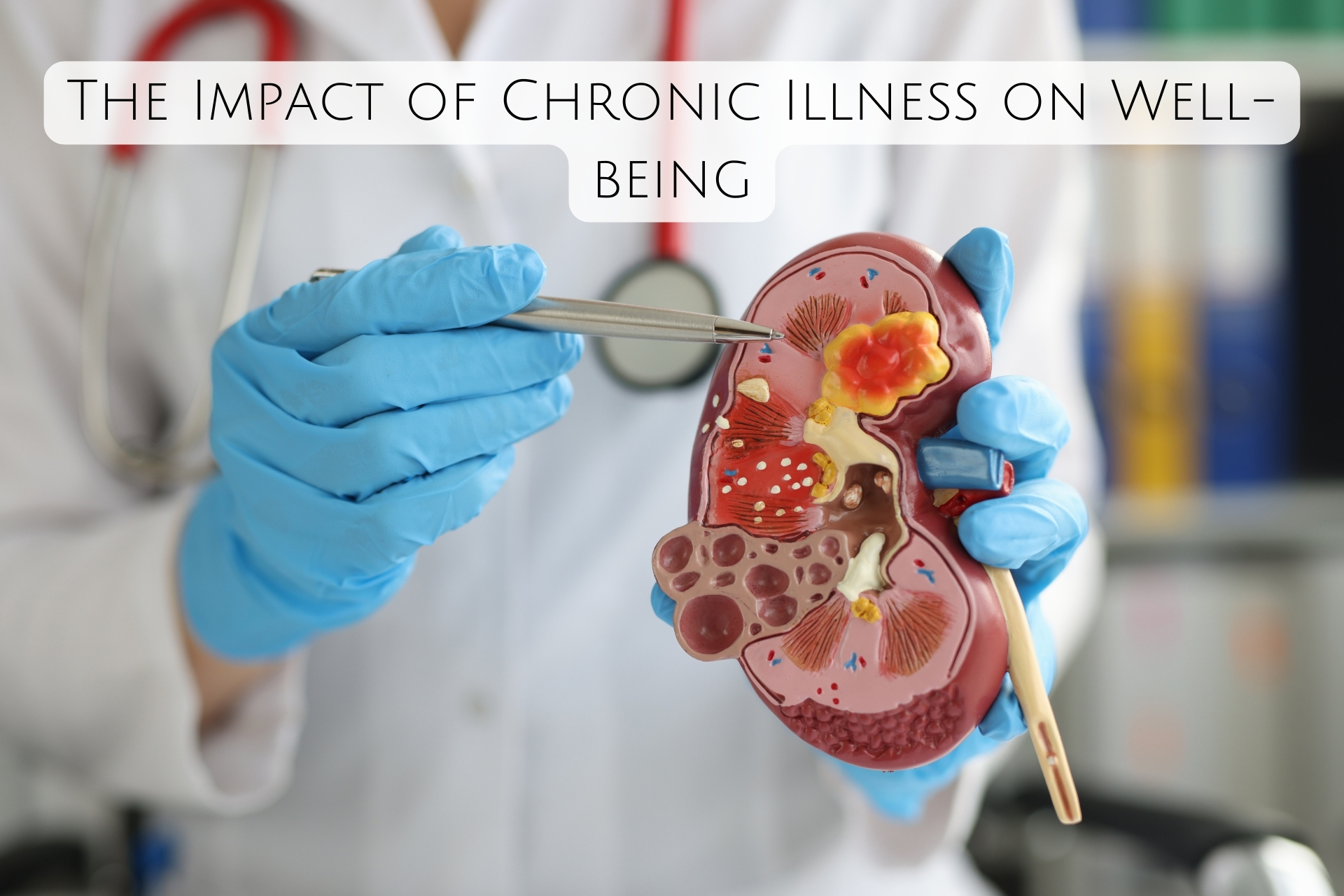
Chronic illnesses can affect various aspects of a person's life, from physical health to emotional well-being. Recognizing the potential impact of chronic illness on mental health empowers individuals to seek support and prioritize strategies for emotional resilience. This is where the transformative power of beauty and self-care steps in.
The Emotional Rollercoaster:
Though chronic illness brings emotional challenges, navigating them fosters self-compassion and deepens understanding of one's emotional landscape.Recognizing the mental strain caused by the unpredictable nature of chronic illness and its impact on daily routines empowers individuals to seek support and develop coping mechanisms.
Identity and Self-Worth:
Chronic illnesses may alter aspects of a person's life, including their roles, abilities, and self-image. Adjusting to these changes can challenge one's sense of identity and self-worth, prompting a journey of self-discovery.
Social Isolation:
While chronic illness can lead to social isolation, building a supportive network and finding accessible activities can foster connection and combat loneliness.
Financial Stress:
Recognizing the financial burden of chronic illness empowers individuals to explore financial assistance options and seek support to manage stress.
Daily Life Challenges:
Fatigue and Energy Drain:
While chronic fatigue can be debilitating, pacing oneself, prioritizing rest, and seeking support can help individuals manage daily tasks and improve overall well-being.
Medical Decision-Making:
Individuals with chronic illnesses often face complex medical decisions. Balancing treatment options, potential side effects, and the impact on quality of life can create a continuous stream of decisions that affect well-being.
Adaptation to Limitations:
Each step towards adapting to physical limitations and new routines in chronic illness can come with a pang of grief for the life that was, but acceptance blossoms gradually.
Coping Mechanisms and Support:
Emotional Coping Strategies:
Developing healthy coping mechanisms is crucial. This may involve seeking therapy, practicing mindfulness, engaging in creative outlets, or adopting relaxation techniques to manage the emotional burden.
Support Systems:
Building a strong support system is invaluable. Friends, family, and support groups can offer understanding, empathy, and practical assistance, creating a network that lightens the emotional load.
Professional Guidance:
Seeking professional guidance from mental health professionals, counselors, or support groups specializing in chronic illnesses can provide tailored strategies for emotional well-being.
Empowerment through Advocacy:
Self-Advocacy:
Empowering oneself through self-advocacy involves actively participating in healthcare decisions, seeking information, and communicating openly with healthcare providers. Taking an active role in one's care can foster a sense of control.
Community Advocacy:
Participating in advocacy initiatives within the chronic illness community can create a sense of purpose and connection. It allows individuals to contribute to a collective voice, raising awareness and promoting understanding.
The Therapeutic Role of Beauty:
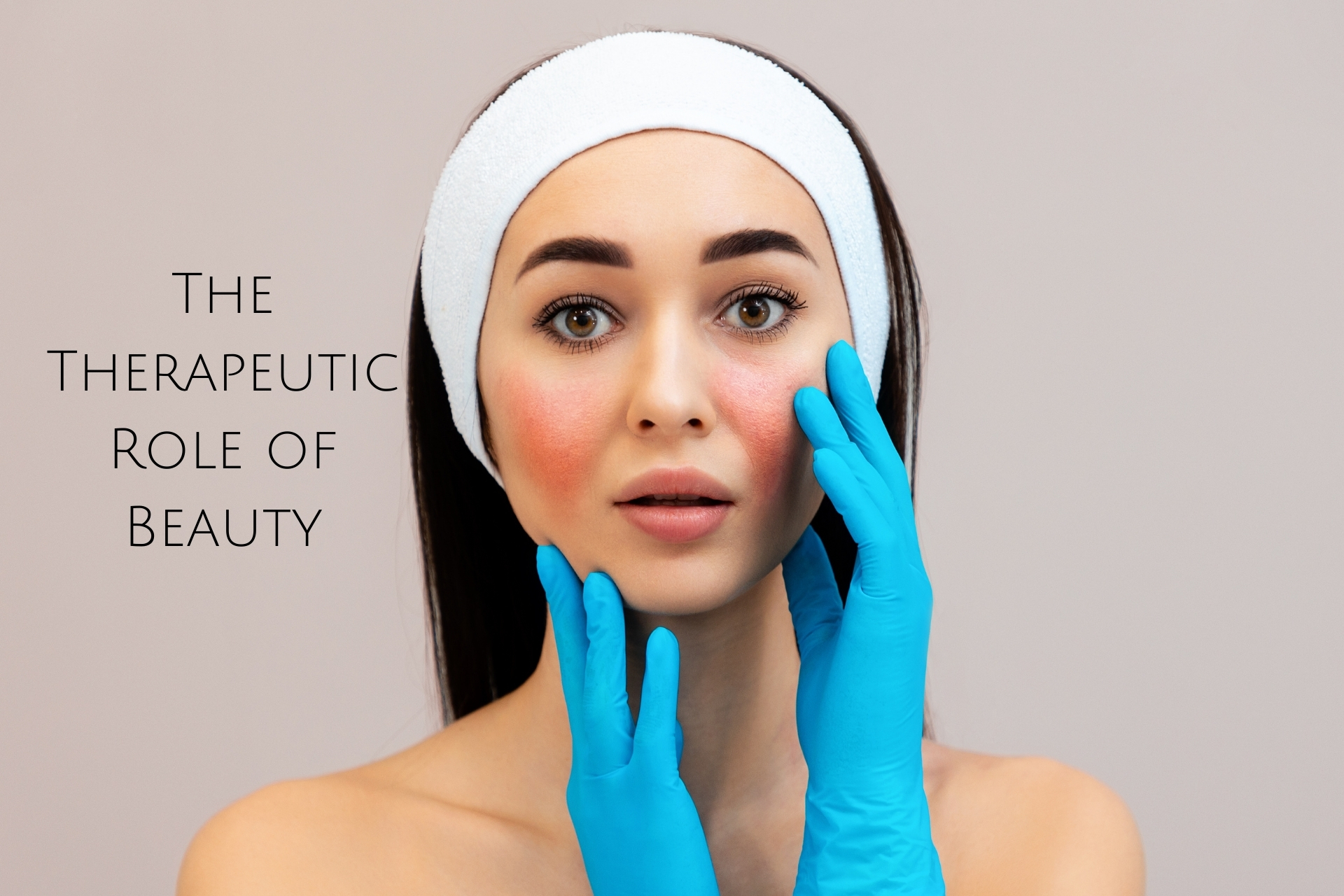
Self-Esteem Boost:
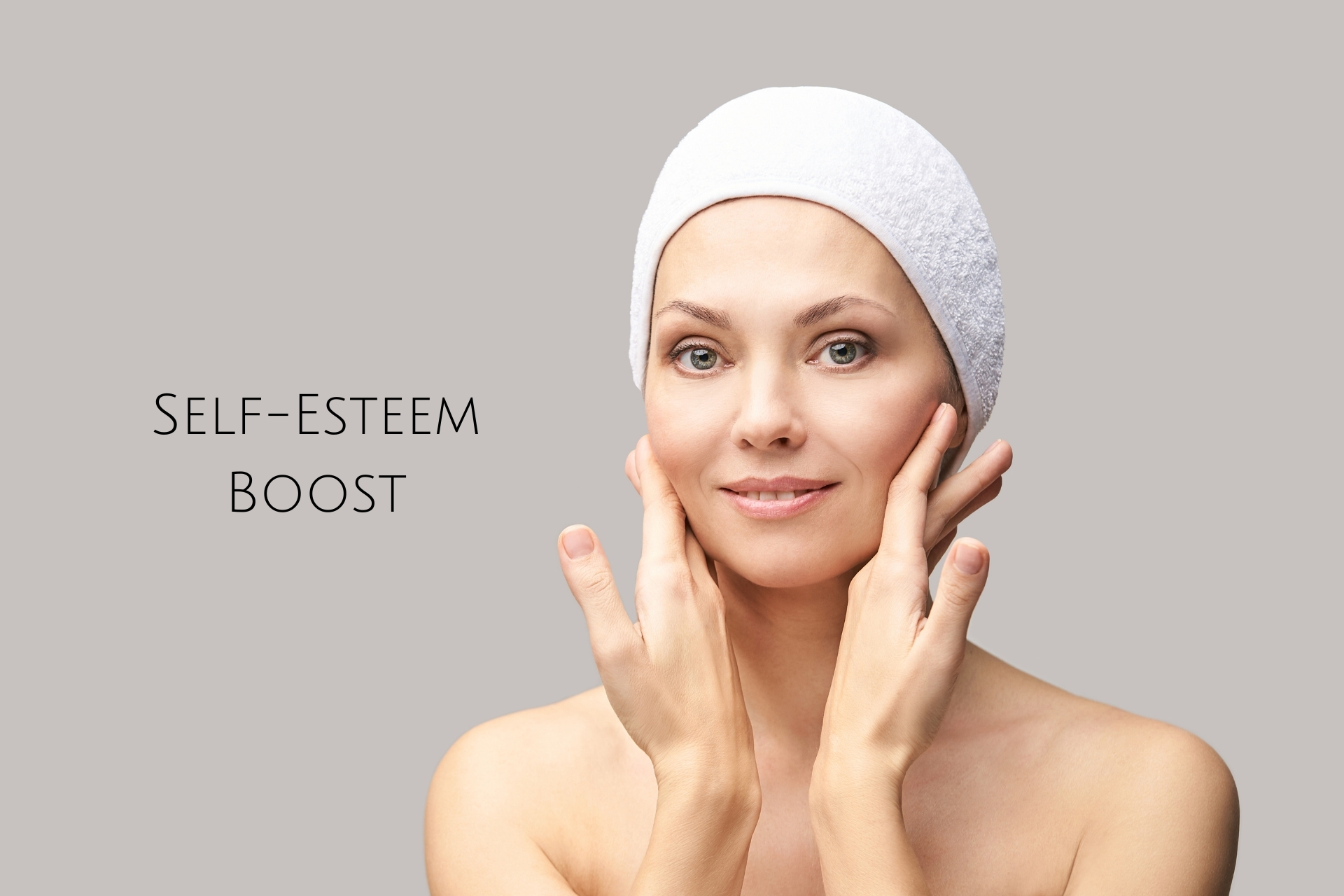
Engaging in beauty rituals, such as skincare routines or applying makeup, can boost self-esteem. Looking good on the outside can positively impact how you feel on the inside, fostering a sense of confidence and self-worth.
Self-Expression:
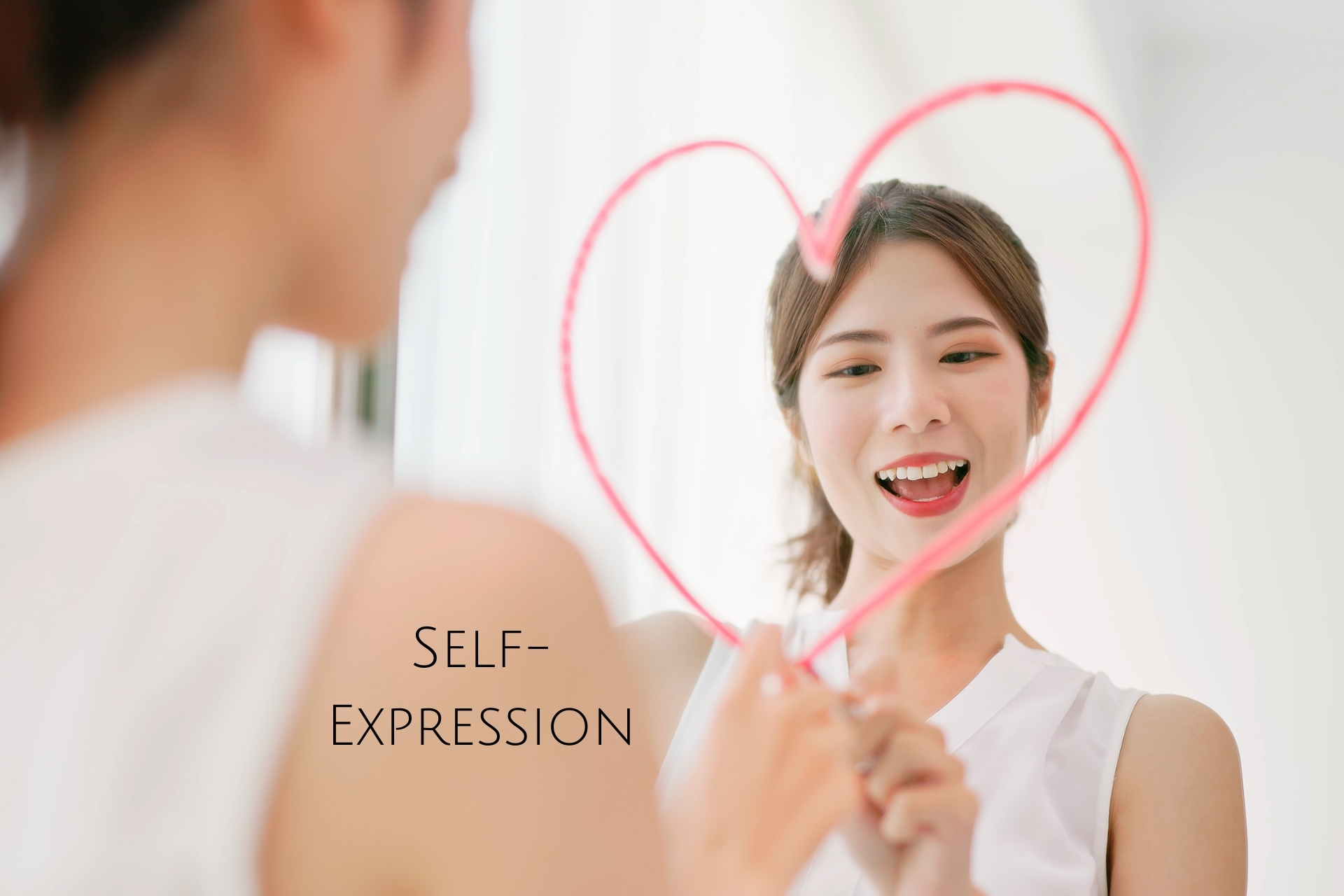
Beauty rituals allow for creative self-expression. Experimenting with makeup looks, choosing clothing that makes you feel good, or styling your hair can be empowering ways to express your personality and reclaim a sense of control.
Distraction and Relaxation:
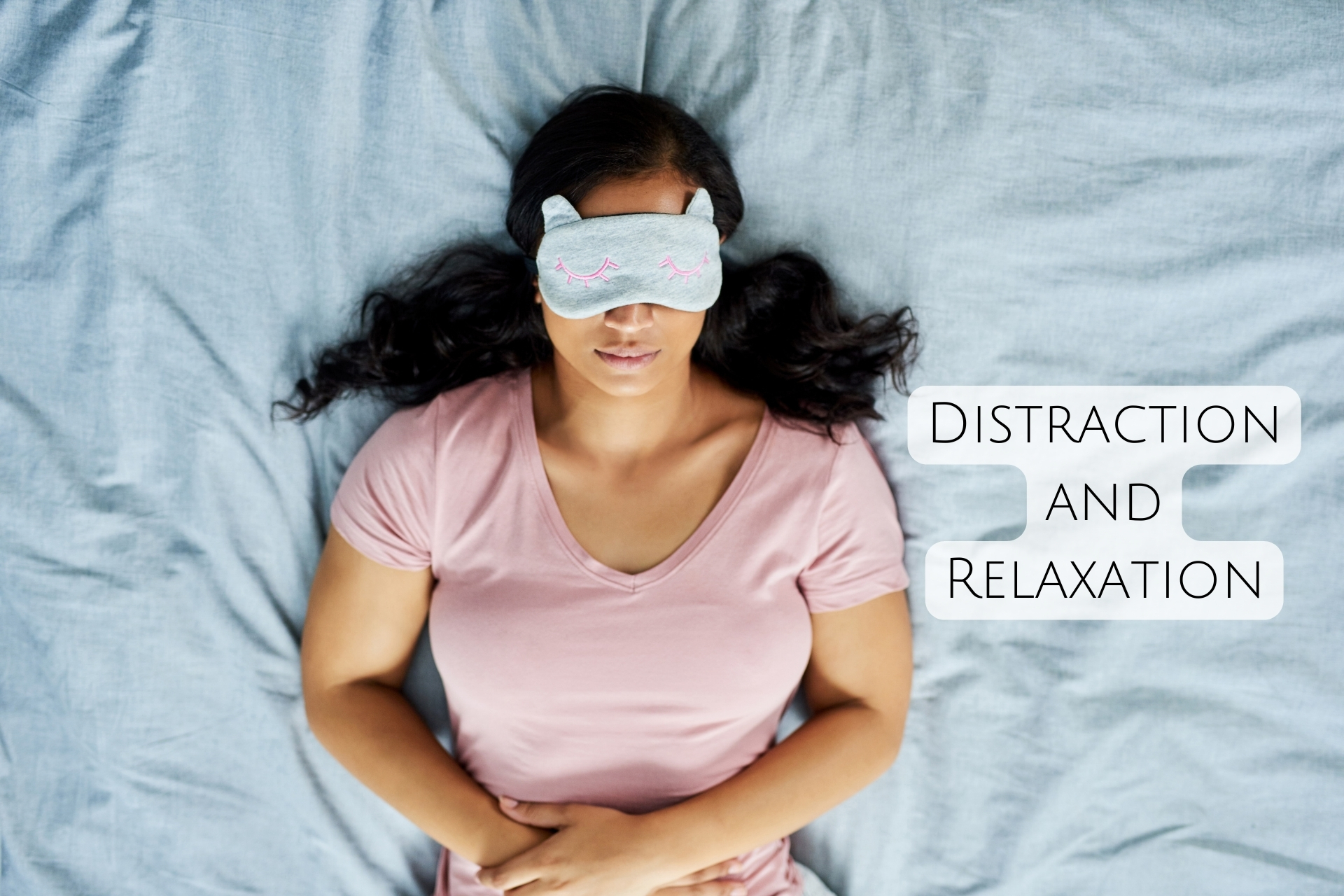
Immersing yourself in beauty routines can serve as a welcome distraction from the challenges of chronic illnesses. It provides a moment of relaxation and self-indulgence, allowing you to focus on the present and find joy in small pleasures.
Connecting with Others:

Sharing beauty tips, participating in online beauty communities, or bonding over a love for skincare and makeup can create a sense of connection. Building a supportive network can be particularly valuable during challenging times.
Incorporating Beauty into Your Routine:
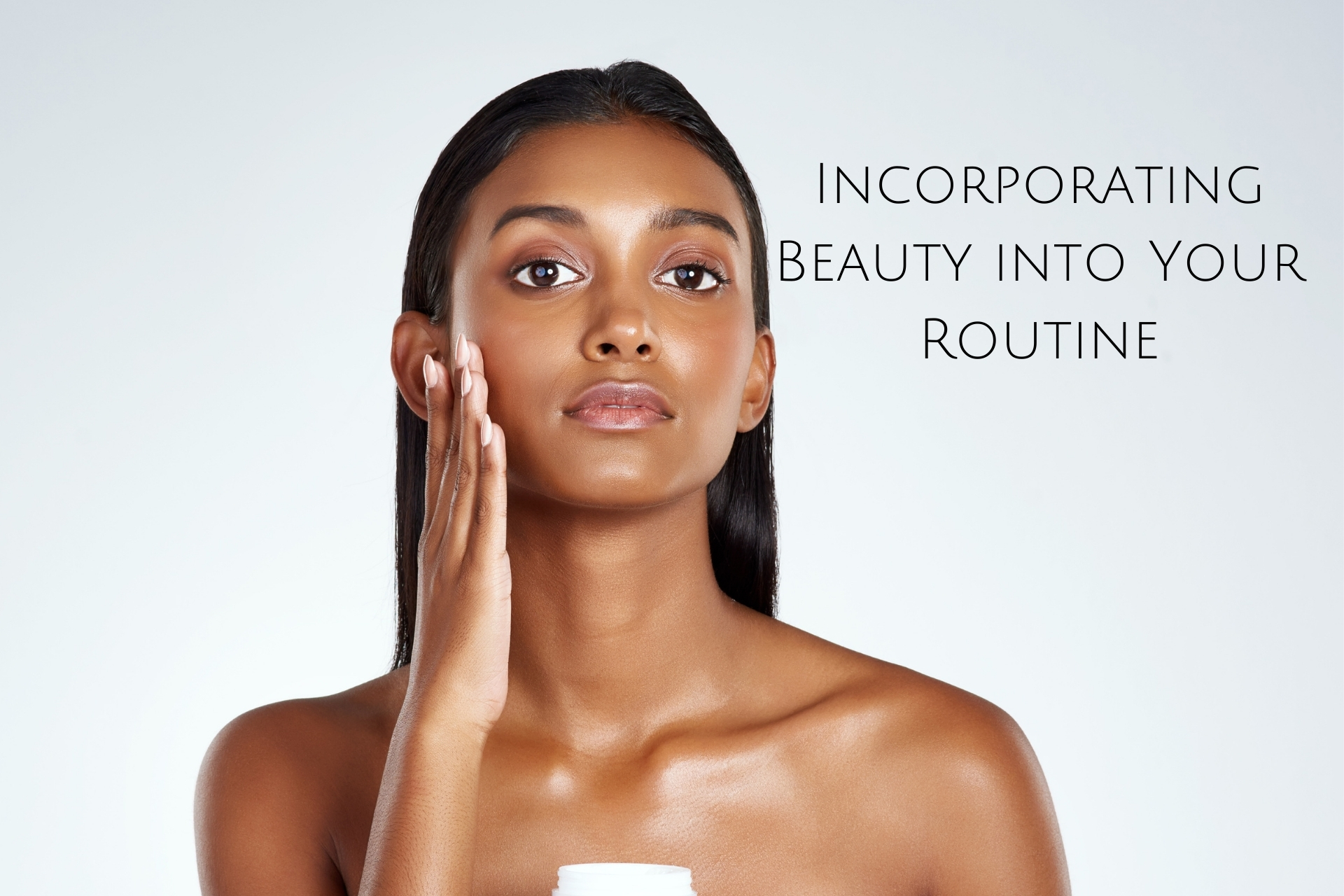
Skincare Rituals:
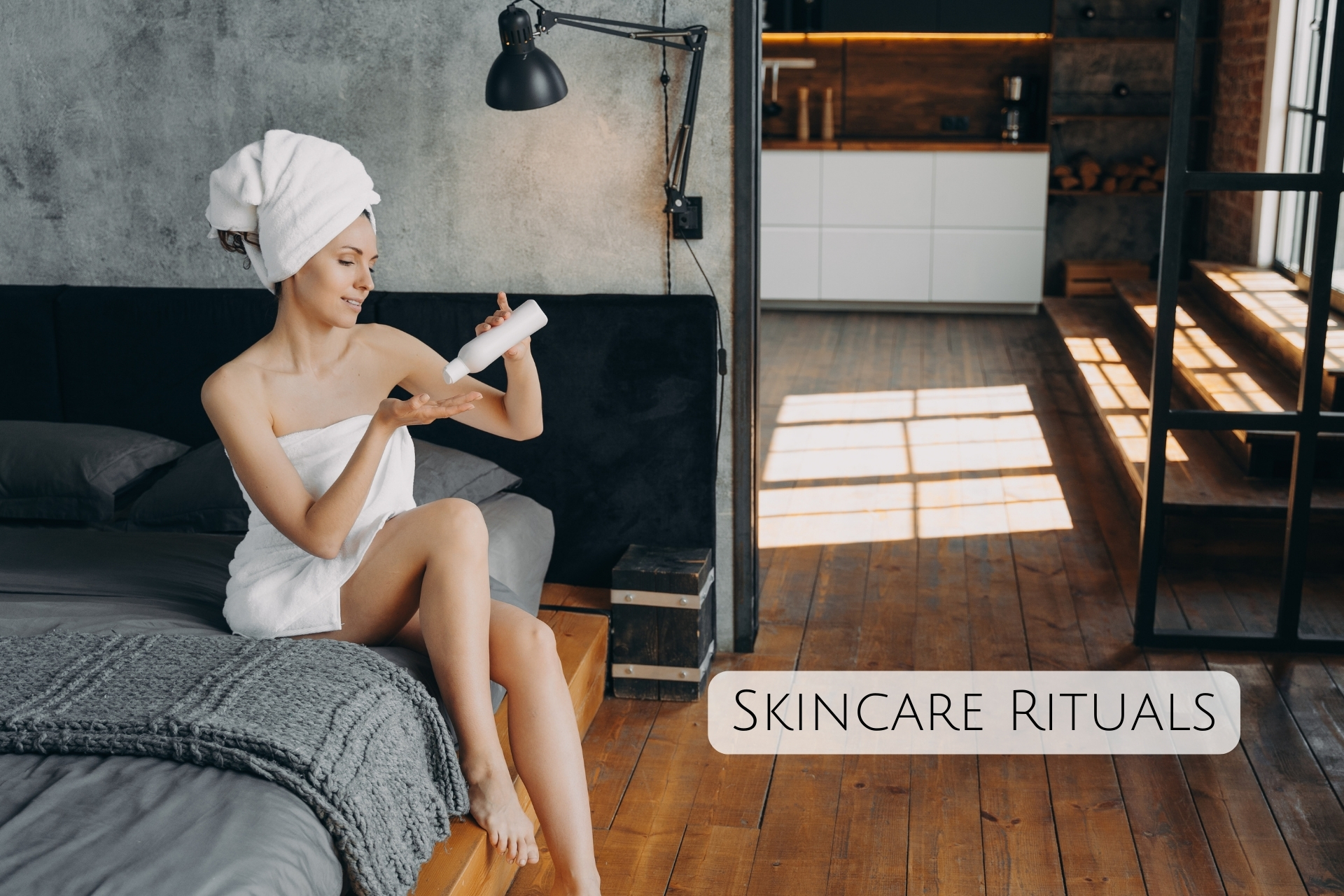
Establish a skincare routine tailored to your needs. Hydrating and pampering your skin not only contributes to its health but also provides a calming and soothing experience.
Makeup for Mood Boosting:
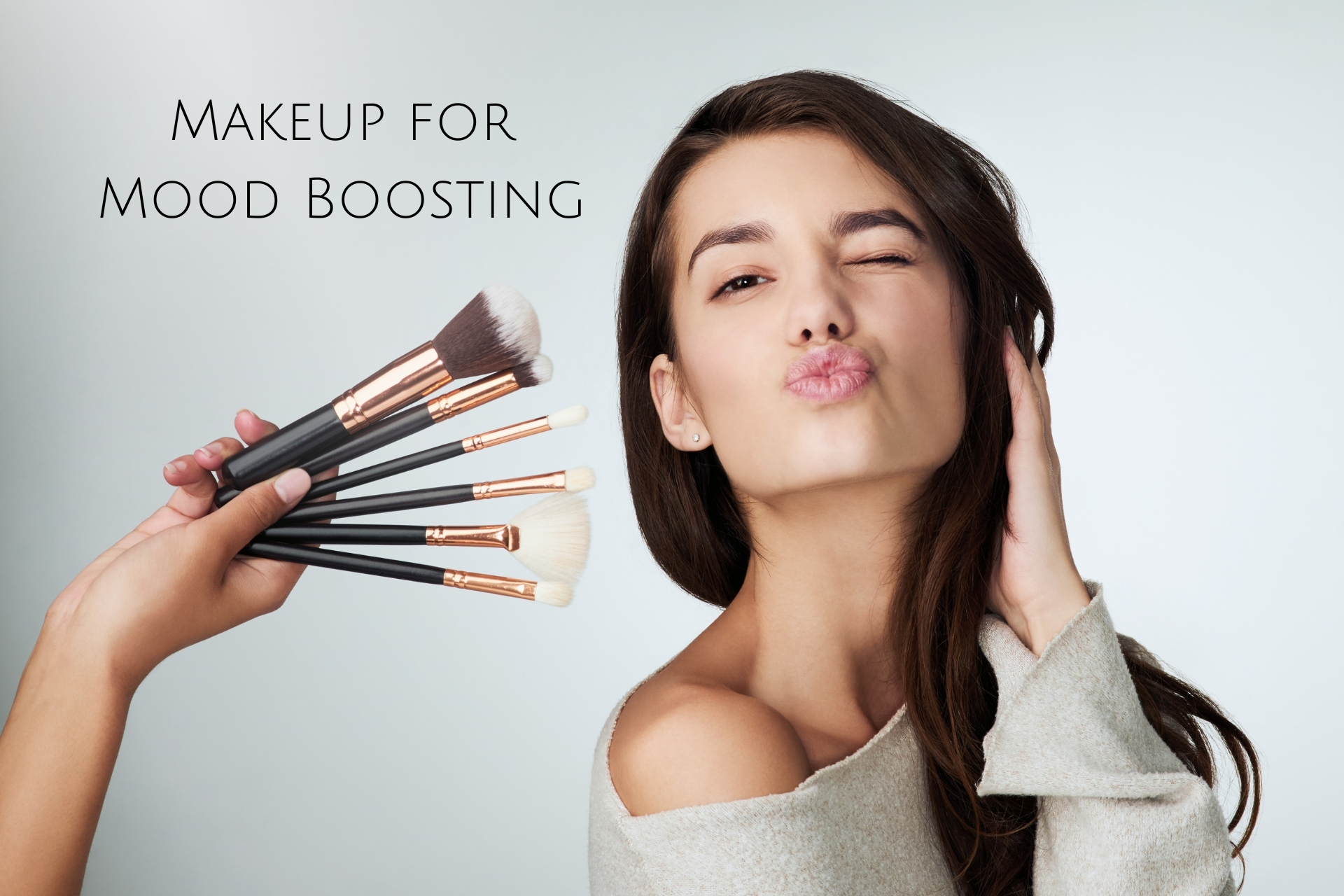
Use makeup as a tool for mood enhancement. Experiment with colors that lift your spirits or try a bold lip to inject a sense of vibrancy into your day.
Comfortable and Stylish Clothing:

Choose clothing that feels comfortable yet makes you feel stylish. Soft fabrics and flattering silhouettes can contribute to both physical and emotional comfort.
Gentle Exercise:
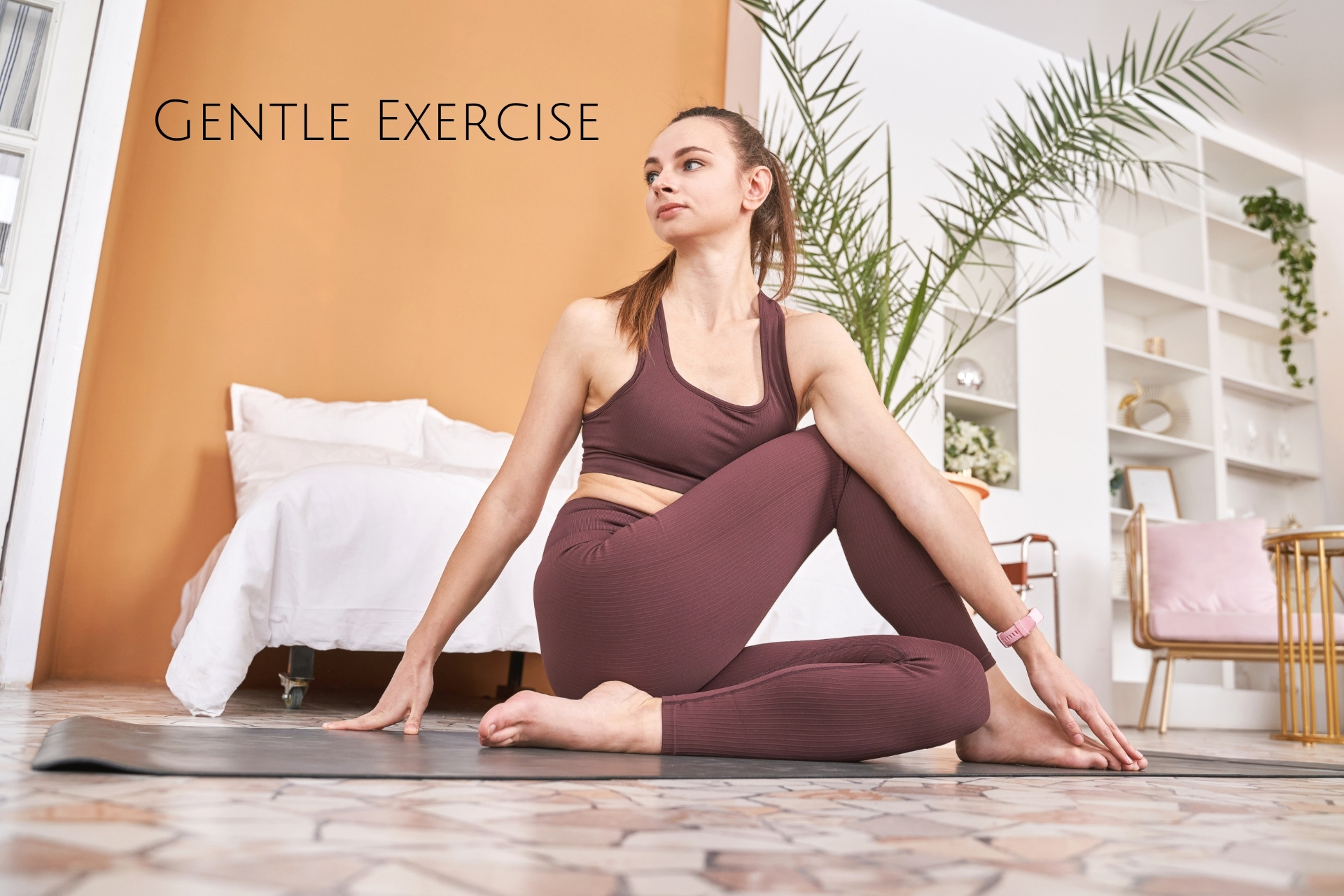
Incorporate gentle forms of exercise, such as yoga or tai chi, into your routine. These activities not only promote physical well-being but also offer a meditative and calming experience.
Navigating Beauty Challenges:
Adapting to Physical Changes:
Chronic illnesses may bring physical changes. Embrace adaptive beauty techniques, such as using gentle skincare products or opting for makeup styles that accommodate specific needs.
Celebrating Small Wins:
Acknowledge and celebrate small achievements in your beauty routine. Whether it's trying a new product, mastering a makeup technique, or simply taking the time for self-care, each step is a triumph.
Seeking Professional Support:
Consider seeking support from beauty professionals who specialize in assisting individuals with chronic illnesses. They can provide tailored advice and techniques to enhance your beauty routine while considering your unique needs.
Community and Connection:

Online Beauty Communities:
Join online beauty communities or forums where individuals share their beauty journeys while managing chronic illnesses. Connecting with others who face similar challenges can provide valuable insights, support, and a sense of camaraderie.
Sharing Your Story:
Consider sharing your beauty and self-care journey with others. Your experiences may inspire and resonate with those facing similar challenges, fostering a sense of understanding and unity.
Conclusion:Embracing Beauty in the Midst of Challenges
Navigating chronic illnesses is undoubtedly a complex journey, but integrating beauty and self-care into your routine can be a source of solace and empowerment. Embrace the therapeutic aspects of beauty rituals, connect with supportive communities, and celebrate the resilience and beauty within yourself. In the realm of beauty, healing becomes not just a physical process but a transformative and empowering journey of self-discovery.
Recent Posts
-
The New Generation of Indian Skincare: Bridging Ayurveda and Dermatological Science
Introduction: For millennia, Indian royalty relied on Kumkumadi Taila—the legendary saffron-infused
-
Red Nails vs Pink Nails: Which Looks More Romantic for Valentine’s Day?
Introduction: Valentine's Day approaches, and with it comes the timeless question: red nails or pink
-
The Wellness Valentine: Valentine’s Day Gift Ideas for Health & Wellness Lovers
Introduction: Valentine's Day has evolved beyond traditional red roses and chocolate boxes. In today





